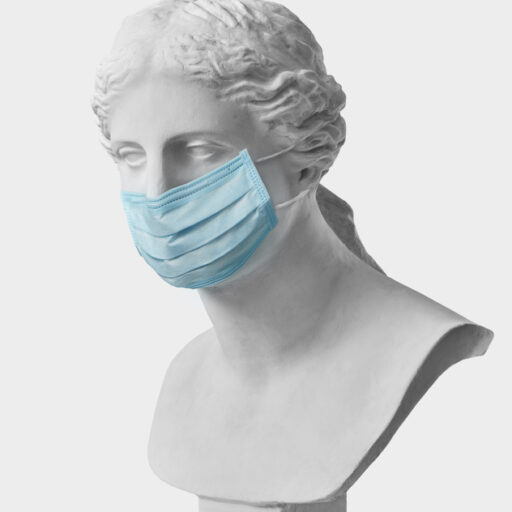Hi friends,
I’m writing from my home, surrounded by the fallout of coronavirus. Our county is referred to as the “Westchester cluster,” which sounds vaguely like an old-timey candy instead of an outbreak. The National Guard is helping out the good people of New Rochelle, schools are closed next to my writing spot in Scarsdale, and our streets get quieter as the diagnosed cases tick up. We’re already community distancing as our schools, cultural institutions, and houses of worship try to contain the damage.
Museums are a great place to spend ideas, culture, and germs. I’ve been watching closely as #CancelEverything becomes real – every hour brings a cancellation or postponement. I’m not saying you have to stay home, but you can’t go to a museum or theater in NYC. Of course, we can still love up on art in the time of coronavirus. I’m clearly not a doctor, so I can’t help you with testing or public policy. But I can suggest how to make the best of a (mandatory? requested?) Covid-19 staycation:
- Read a book: This is the time for independent study – your public library is full of arts expertise. Librarians are like a search engine or the internet, without conspiracy theories and #sponcon. I’m selecting my books online so that I can hit the circulation desk, wash my hands, and be back home.
- Take a hike: Lace up your boots and see some outdoor art. We can definitely maintain a healthy distance from each other in a sculpture park like Socrates or Storm King. And let’s be honest, you’re going to be spending even more time sitting if you’re working from home. Get some fresh air!
- Give generously: If you can’t buy a ticket at the door, make a donation. Smaller organizations are going to be hard hit by any reduction in visitors. The mandatory closures mean a significant drop in attendance for cultural institutions. That money isn’t coming back when the situation improves.
It’s no secret that there are plenty of low-wage and contingent workers in the arts. Teaching artists, security guards, cleaning staff, and art handlers tend to be under or uninsured. They also deal the most with the public. Boards and executives, this is the time to be creative in your duty of care. The Rauschenberg Emergency Grants program is a great start, but it won’t be enough. Supporting our most vulnerable colleagues will have a huge impact on our communities. Remember, Typhoid Mary was a service worker. She infected others because she couldn’t afford to stay at home.
